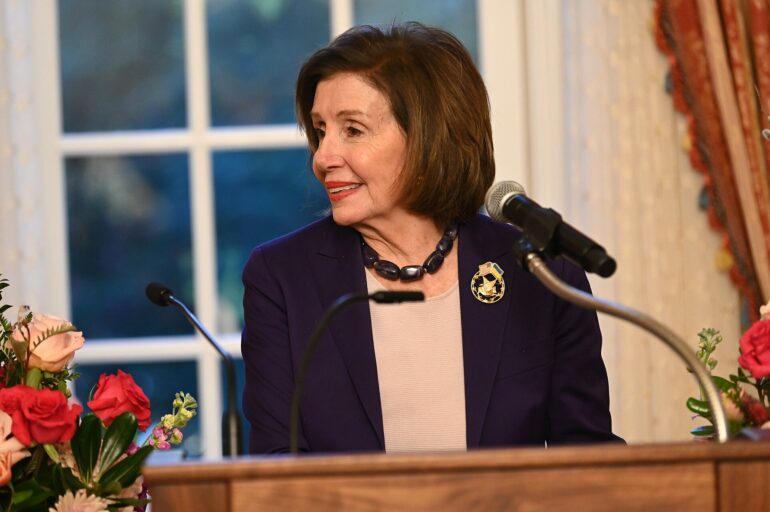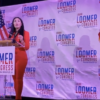Rep. Nancy Pelosi, the longtime Democratic leader from California and the first woman to serve as Speaker of the House, announced Thursday she will not seek reelection, closing a 37-year career that helped define — and divide — modern American politics.
Pelosi, 85, made her announcement in a video message celebrating her home city. “There has been no greater honor for me than to stand on the House floor and say I speak for the people of San Francisco,” she said. Expressing gratitude for her constituents, Pelosi added, “We have made history, we have made progress, we have always led the way.”
Her departure marks the end of an era for House Democrats. Over two decades, Pelosi built a political machine that secured her party’s major legislative wins while also deepening partisan rifts in Washington. Known for her discipline and mastery of fundraising, she often governed from the left, steering Democrats toward progressive priorities even as critics accused her of being out of touch with working Americans.
Pelosi had already stepped down from her leadership post in 2023, handing power to Rep. Hakeem Jeffries of New York, but remained in Congress as an adviser and fundraiser. Her decision not to run again formalizes her gradual exit from the political stage she dominated for years.
During her tenure, Pelosi played a decisive role in shaping landmark Democratic legislation — including the Affordable Care Act, financial reform after the 2008 crisis, and massive spending packages under President Biden. Supporters call her a historic figure who expanded rights and reshaped social policy. Jeffries hailed her Thursday as “the greatest Speaker of all time,” praising her service to “the children, the climate, the country and the American people.”
But Pelosi’s critics saw her differently: a partisan operator whose leadership accelerated Washington’s dysfunction and pushed the Democratic Party further to the left. Republicans long portrayed her as a symbol of coastal elitism, tying her name to liberal policies on taxes, immigration, and the environment that often alienated moderates.
Her political battles with President Donald Trump defined her later years in office. She oversaw two impeachments of Trump, established the January 6th committee, and publicly clashed with him on multiple occasions, calling him “the worst thing on the face of the earth.” Trump responded to her retirement announcement by labeling her “corrupt” and “evil.”
Pelosi’s influence reached beyond Congress. Last year, she was reportedly instrumental in urging President Biden to step aside after a faltering debate performance, clearing the way for new Democratic leadership. More recently, she played a key role in passing Proposition 50, a California redistricting measure aimed at boosting Democratic chances in upcoming elections.
Pelosi’s political ascent began in 1987, when she won a special election in San Francisco at age 47. Before that, she had chaired the California Democratic Party and served on the Democratic National Committee, gaining a reputation as a fierce organizer and prolific fundraiser.
As she prepares to leave office, Pelosi’s record remains contentious — a career left behind a sharply divided Congress and a Democratic Party still grappling with her far-left legacy.
[READ MORE: Jasmine Crockett Faces Ethics Complaint Over Undisclosed Stock Holdings]



